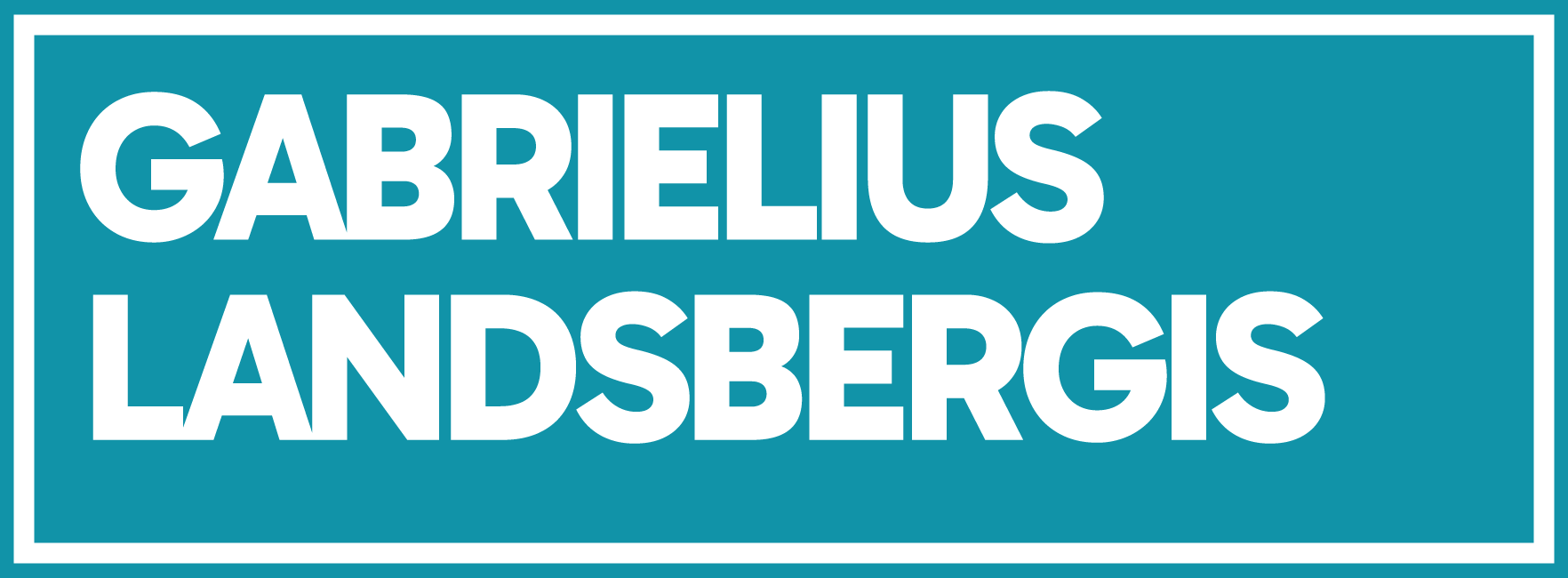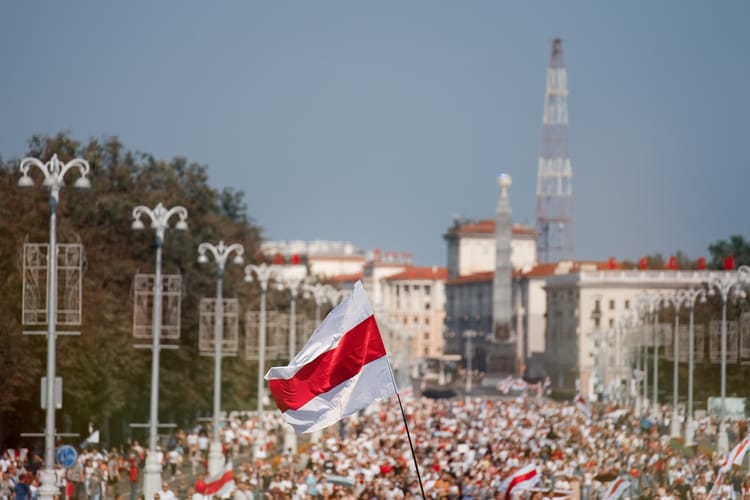White lies won't work forever – but telling the truth could save Europe

Sometimes I hear complaints that Putin will discover our weaknesses if our leaders are too truthful in their public communications. “We need to portray strength,” they say, “Putin is reading our newspapers”.
Their argument implies that the truth must be sacrificed for “stronger” strategic communication. Leaders are advised to ignore the reality on the ground to continue exaggerating our capabilities and readiness in the hope that our visible optimism will convince Putin that we are strong. This plan not only aims to fool Putin, but also recommends using governments’ strategic messaging to keep populations believing everything that could possibly be done is being done, and going well.
On the contrary, I have always believed that truth is the best medicine. But sometimes I am criticised for not playing along, for refusing to strategically tell today’s white lies. So I decided to critique my instincts and give this important question some thought.
Obviously, I agree that Putin and Europeans read the European press and follow the debate that is taking place. I can even agree that it is possible to use strategic communication to fool a large number of your people into thinking that you have things under control. We have seen that working for many years. But I am not so sure about our propaganda’s ability to fool Putin. I know only this – taking an adversary for a fool is a fool's endeavour, so we are probably only fooling ourselves.
Speaking softly and carrying no sticks
Europe’s weakness is an open secret. Even a blind frog that lived under a rock for the last decade might still be able to figure this out if he saw a few tweets, so we can assume Putin is seeing through our attempts to distort reality.
Politically the EU is anaemic - our consensus-based institutional framework has been a major obstacle to effectiveness in these current times of confrontation. Even without Hungary and Slovakia’s veto, this framework could still slow down progress in Europe. It is almost certain that the divergent interests of all the different member states would inevitably water down the final draft even if every country agreed on the main parameters of an agreement.
Surveys show that a large part of the population of Europe expects governments to deal with the geopolitical issue that is Russia. Some see it as a moral issue – Europe must support the victim of aggression because it is the right thing to do. Those living closer to the war demand more action because they feel personally threatened by Russia. Either way – the genuinely-held and evidence-based beliefs of these millions of people are impossible for politicians to entirely ignore.
But even if it was universally accepted that Russia is a threat, or at least a problem, this can still be shrugged off as a “tomorrow” thing. Or in two weeks. Or in fifty days. Kicking the can down the road is a viable strategy if paired with strong statements and gestures in the right direction. Strong statements are much cheaper politically and financially than – for example – the return of universal conscription.
Consider the messaging of the Hungarian Prime Minister Viktor Orban who, in his complete cynicism, had the audacity to say that he supports Ukraine’s sovereignty after several attempts at helping Putin destroy it. Elections are approaching in Hungary and there are people who find his pro-Putin stance appalling, so he is strategically communicating some lies to calm that part of his society down. The contrast between the tweet and reality is pretty stark.
The latest example – the Russian drone attack on Poland – portrays the difference between propaganda and reality quite well. The reality is this: Out of 19 drones, Poland and her allies were able to detect and shoot down only 4. The US President called the Russian incursion “probably an accident,” and the day after that he added that he is not going to defend anyone. Meanwhile, NATO called their reaction a great show of unity and strength.
Putin probably thinks the attack went quite well. 80 percent of his drones were left untouched and Trump’s commitment to Europe is weaker than ever. I hope that the situation will change, and I note that the Polish government announced some smart decisions – one of them being learning from Ukrainian experience in order to be better prepared for the next “accidental” incursion, which is very likely to happen soon.
So. What is the responsible way for leaders to communicate all this to their people? If they continue to announce progress and success, their populations will be less and less informed as to the sort of threat Russia poses and what is being done to mitigate it. People swimming in the soup of strategic messaging hear that the situation is not ideal, but they also believe it is being managed, until… eventually the truth comes out and causes a great deal of confusion and discomfort.
A week ago, the Baltic States were “taken by surprise” when the US announced a further shift away from Europe. Even though months have passed since the US clearly declared that Europe can no longer depend on the US for its security, their actual withdrawal is somehow “shocking” to many Europeans. How? Because they were told that everything would be OK. Governments chose to placate their people with white lies, instead of preparing them for the unavoidable upcoming challenges.
Have we tried truth?
My last and most important observation is that shielding voters from the stress of geopolitical realities will never produce a real mandate for change when and where it is needed. One of the most often used arguments explaining the reluctance to spend more on defence is “our people do not support that”. I usually respond with this question: Have we really tried explaining the problem at hand? When governments had to tackle the COVID pandemic they didn’t give up and sigh “well, sadly our people will not support Europe borrowing 750 billion euros”. The problem was tangible and very well understood, the facts were communicated, a critical mass of people understood that if we don’t spend big – Europe as it is might very well collapse.
Hearing the facts, people mostly went along with the lockdowns, accepted border closures, and the rat race for medical equipment and vaccines was quickly financed. All it took was to tell the people of Europe: This is the plan for how we are going to fix this. And it was fixed, just like most people expected it to be. It was far from painless, but we got through it. The communication of facts saved us. White lies would have discredited governments and fuelled belief in the “alternative facts” that were being spread to weaken the fabric of society.
People today do not equate the threat of Russia’s aggression to COVID because they do not yet hear Shaheds flying over their heads. Nobody in Europe is getting killed or raped by gangs of Russian inmates let lose. Yet. But it is not an exaggeration to say that the Russian threat is existential to Europe. Even if only one European country is attacked and left undefended – who knows what would be left of good old institutions after that?
I was speaking at a conference recently where, at the end of the panel discussion, the moderator asked the audience if they believe that we are prepared to meet the Russian threat. Out of four hundred people – just a few hands were raised. When he asked who doesn’t believe that we are prepared – almost all hands went up. Someone remarked that we need much better strategic communication to convince those who do not believe we are prepared. I responded – those almost four hundred hands are a clear mandate for politicians – people are worried and demanding change. And the only thing left for you to do, Mr. Decisionmaker, is your job. Make the changes, not another strategic can-kicking statement.
Some people say that the reality is so shocking that if told as it is, it might paralyse people, rendering them unable to act rather than mobilising them for action.
But when I review the official statements made over the last few years I become convinced that morale is not damaged by truth. Low morale is due to one of two things: either a feeling of impotence when governments claim there is nothing more that can be done, or from the realisation that leaders are putting more effort into thinking of white lies than they put into taking the necessary action, leaving us unable to trust them to protect us.
I am well aware of the huge disincentives to speak plainly to your electorate and your citizens, but I would like to remind decision-makers of the benefits. Reality can only be denied temporarily, so it pays to offer a real solution, as early as possible, however difficult.
Instead of declaring “power” and “unity” it would be more truthful to say:
The situation is bad, we are not united, we wasted years ignoring important lessons, not helping Ukraine as much as we could. But, more importantly, WE CAN CHANGE. We have tackled and completed huge projects in the past, we have been successful, there is no fundamental reason why together we can’t help Ukraine defeat the invaders and secure Europe’s future.
And then we could actually do that.
If you appreciated this article and you would like to support our work, join Friends of Democracy today!






Member discussion